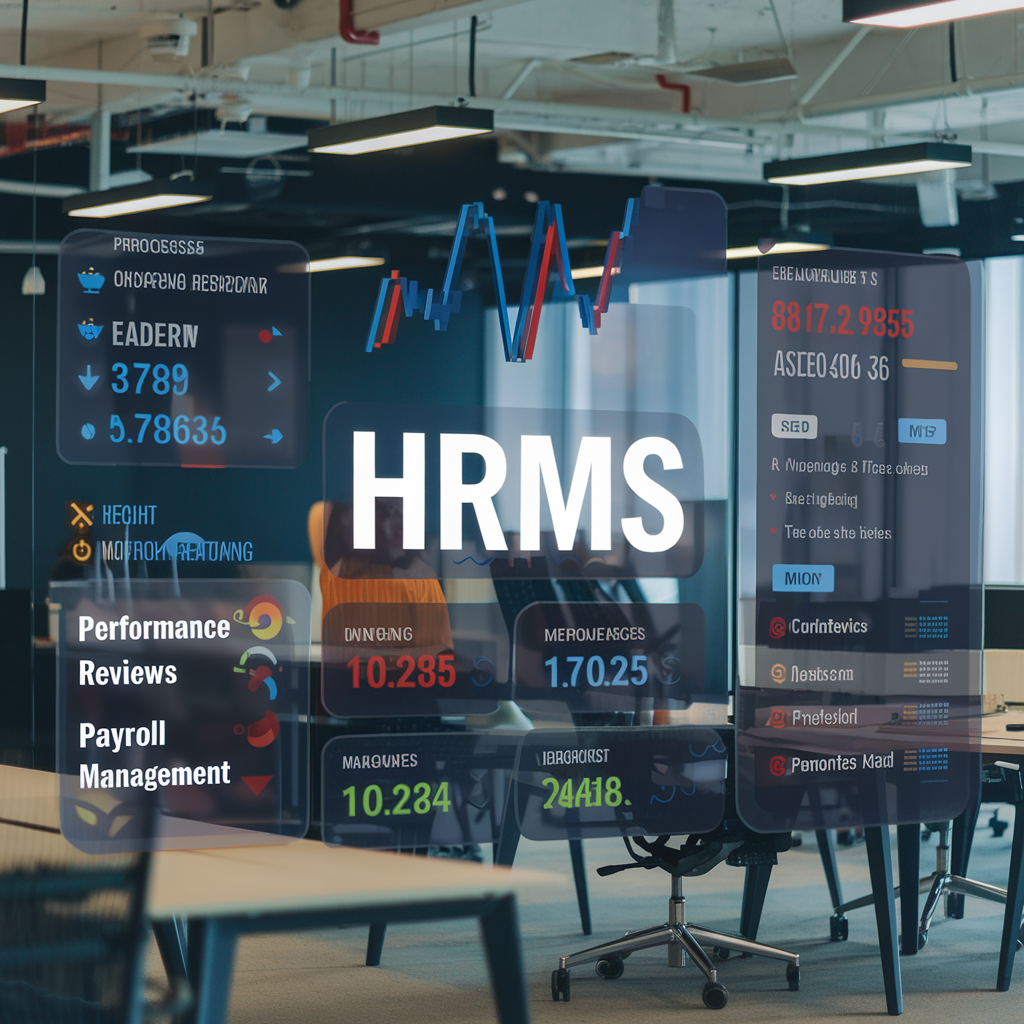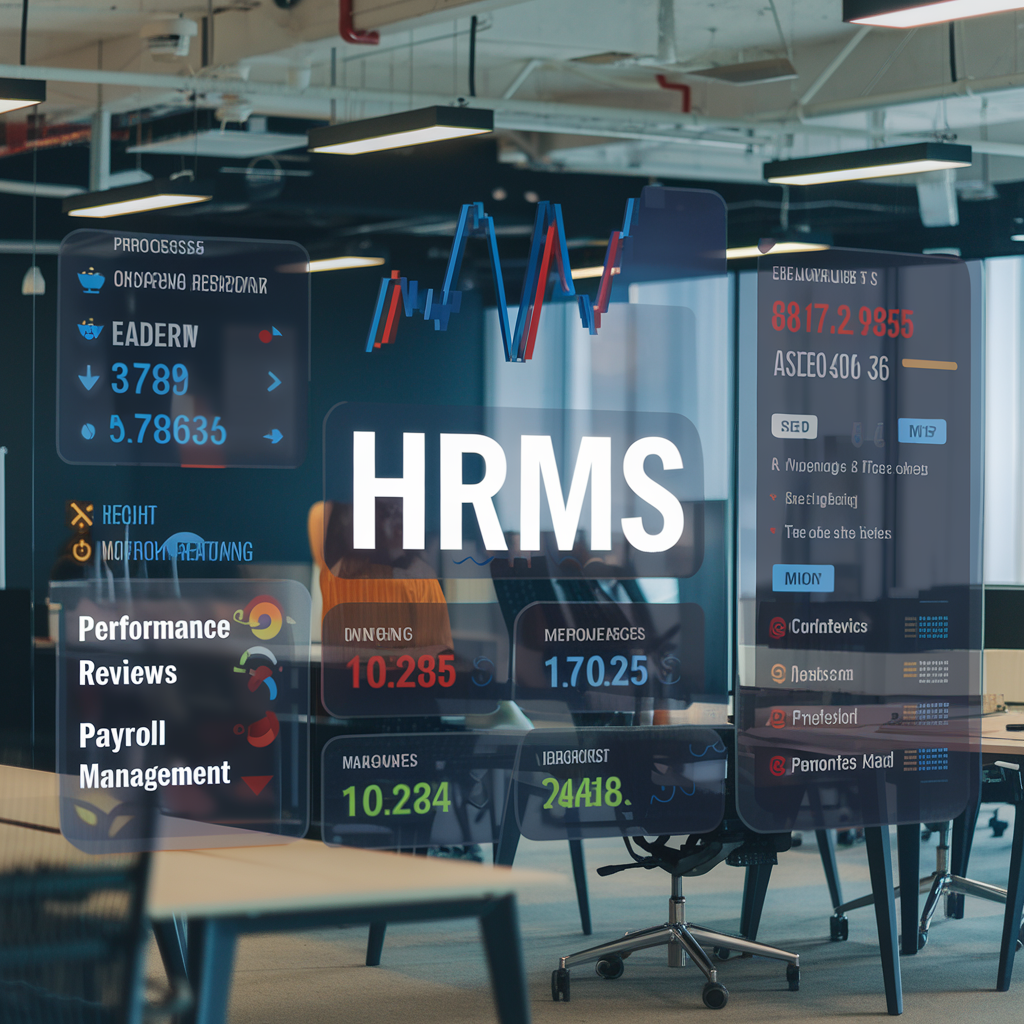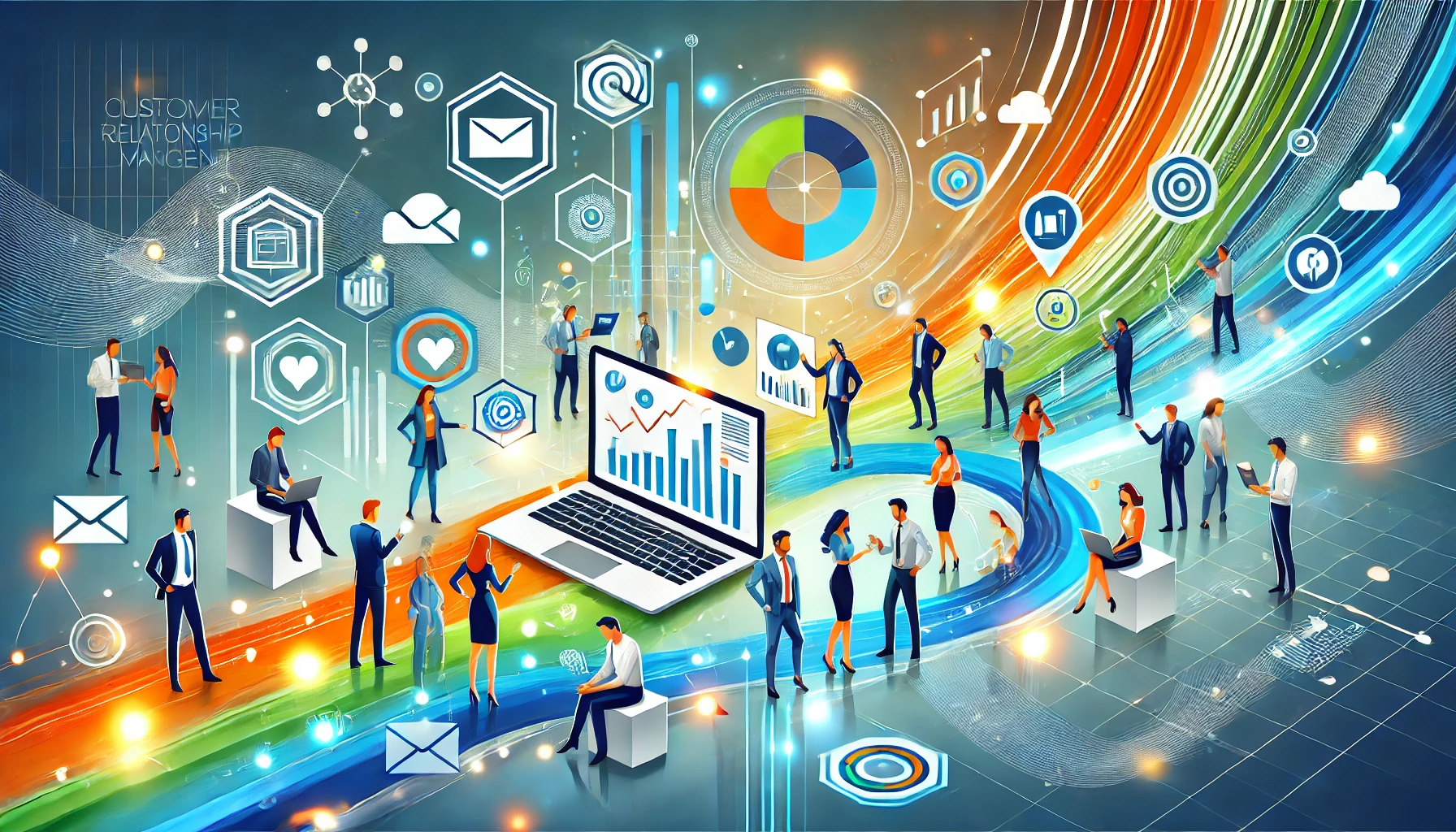Human Resources Management System (HRMS)

What is HRMS?
A Human Resources Management System (HRMS) is a comprehensive suite of tools and software designed to streamline, automate, and enhance the management of human resources within an organization. From hiring and onboarding to payroll, compliance, and performance tracking, an HRMS simplifies day-to-day HR tasks, allowing businesses to focus on growth and employee satisfaction.
Importance of HRMS in Modern Organizations
In today’s fast-paced business environment, managing human resources efficiently is critical. An HRMS provides centralized control over HR operations, reducing administrative burdens and ensuring accuracy in processes. Whether it’s processing payroll, tracking attendance, or managing employee benefits, HRMS tools ensure that HR teams operate with precision and agility.
Evolution of HRMS: From Manual to Automated Solutions
Historically, HR processes were manual, involving paper records and time-consuming data management. Over the years, digital transformation has revolutionized HR, transitioning from basic spreadsheets to advanced HRMS platforms. This shift has not only saved time but also improved data accuracy and enhanced the overall employee experience.
Key Features of an HRMS
Core HR Functions
Employee Information Management
One of the foundational features of an HRMS is its ability to store and manage comprehensive employee data, including personal details, job history, performance metrics, and more. Centralized access to this data ensures seamless HR operations and compliance with regulations.
Recruitment and Onboarding
HRMS tools automate recruitment workflows, from posting job listings to filtering candidates. The onboarding process is also streamlined, allowing new hires to access training materials, complete documentation, and get up to speed quickly.
Payroll and Compensation Management
Automation of Payroll
Gone are the days of manual payroll calculations. An HRMS automates salary processing, tax deductions, and direct deposits, ensuring employees are paid accurately and on time.
Benefits Administration
Managing employee benefits, such as health insurance and retirement plans, becomes hassle-free with an HRMS. Employees can also access benefits information through self-service portals.
Performance Management Tools
Goal Setting and Tracking
HRMS platforms allow managers to set clear goals for employees and track progress in real time. This transparency fosters accountability and aligns employee efforts with organizational objectives.
Performance Reviews
Streamlining performance appraisals, HRMS software facilitates 360-degree feedback, skill assessments, and actionable insights to drive career growth.
Types of HRMS Solutions
Cloud-Based HRMS
Cloud-based HRMS solutions offer flexibility and scalability, allowing access from anywhere with an internet connection. These systems are ideal for businesses looking for low-maintenance, cost-effective solutions.
On-Premises HRMS
On-premises HRMS platforms are hosted locally on a company’s servers, providing complete control over data. This option is suitable for organizations with stringent data security requirements.
Hybrid HRMS
Combining the best of cloud and on-premises solutions, hybrid HRMS platforms offer customization and flexibility, making them a versatile choice for diverse business needs.
Benefits of Implementing HRMS
Streamlining HR Processes

HRMS automates repetitive tasks such as payroll processing, attendance tracking, and recruitment, freeing up HR teams to focus on strategic initiatives.
Improved Employee Engagement
With self-service portals, employees can access their data, request time off, and track performance goals. This empowerment fosters a sense of ownership and engagement.
Data-Driven Decision Making
Advanced analytics within an HRMS provide actionable insights, helping HR professionals make informed decisions on workforce planning and development.
Challenges in Adopting HRMS
Cost of Implementation
Initial setup costs for an HRMS can be high, particularly for small businesses. However, the long-term benefits often outweigh the upfront investment.
Resistance to Change
Employees and management may resist transitioning to a new system. Proper training and communication are vital to ensuring successful adoption.
Security Concerns
As HRMS platforms handle sensitive employee data, robust security measures, such as encryption and multi-factor authentication, are essential.
Future Trends in HRMS
Integration with Artificial Intelligence (AI)
AI-powered HRMS tools are becoming increasingly popular, offering features like predictive analytics for talent acquisition and automated responses to employee queries through chatbots.
Enhanced Employee Experience
Future HRMS platforms aim to provide a more personalized employee experience, from tailored learning modules to wellness program integration.
Mobile-First Approach
As remote work becomes the norm, HRMS solutions are evolving to provide mobile-friendly interfaces, enabling HR tasks to be completed on the go.
Conclusion
An HRMS is no longer a luxury but a necessity in the modern business landscape. By automating mundane tasks, centralizing data, and enabling strategic decision-making, HRMS platforms empower organizations to focus on growth and employee satisfaction. Whether you’re a small business or a large enterprise, adopting an HRMS tailored to your needs can revolutionize your HR operations and drive long-term success.



